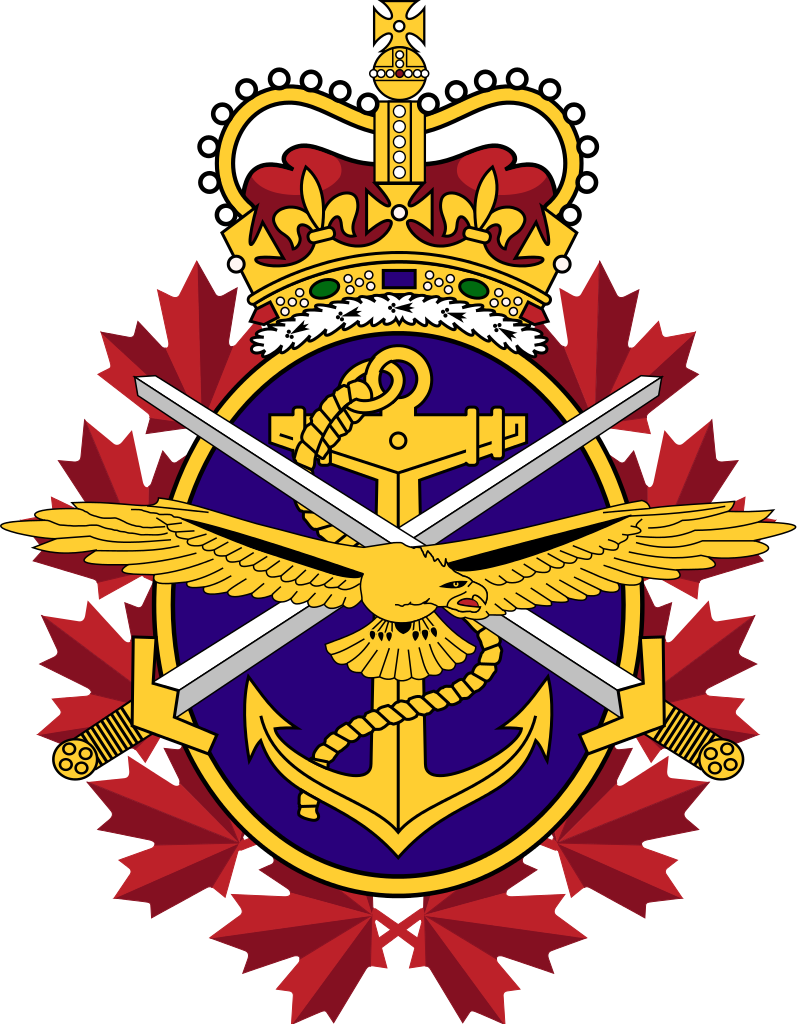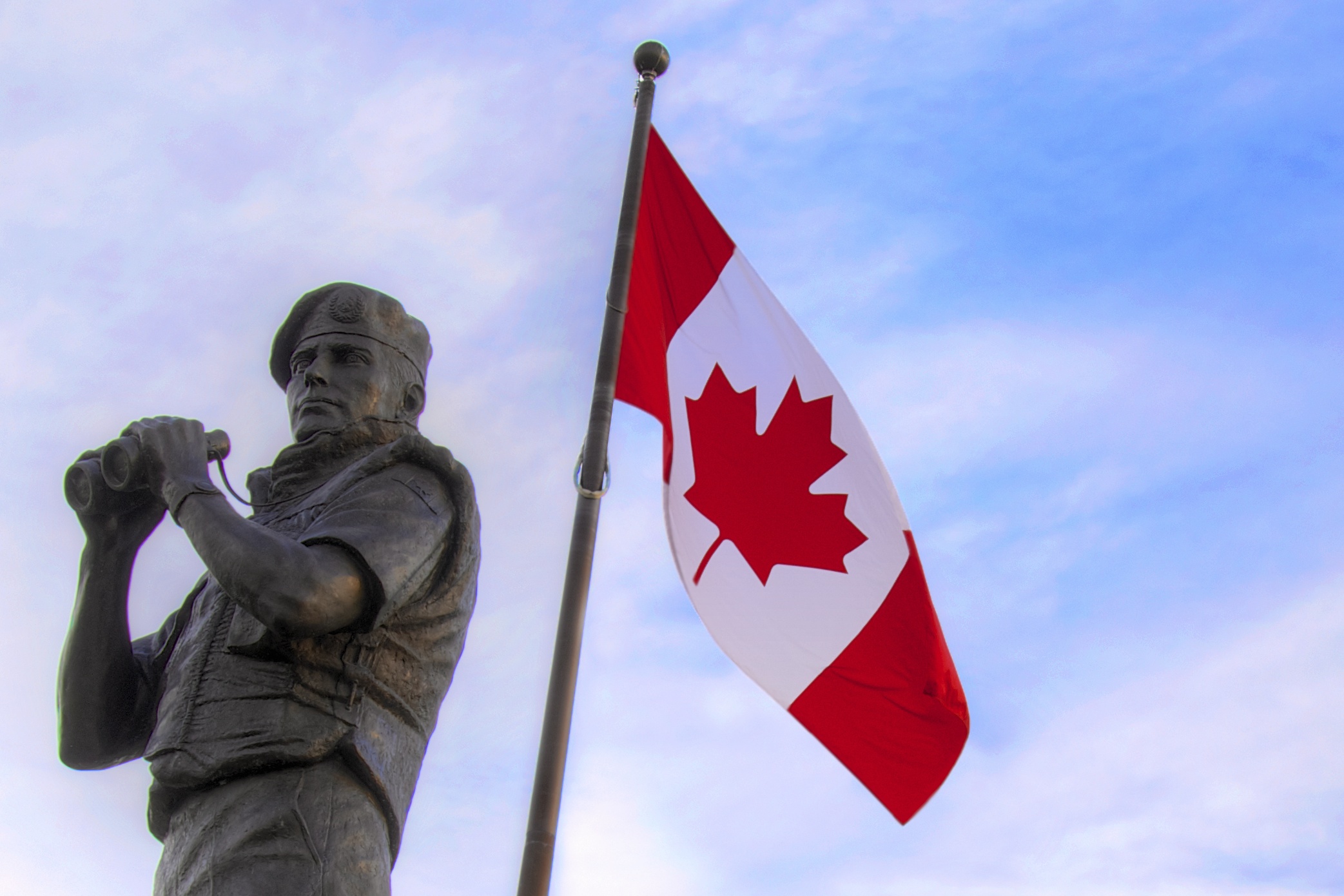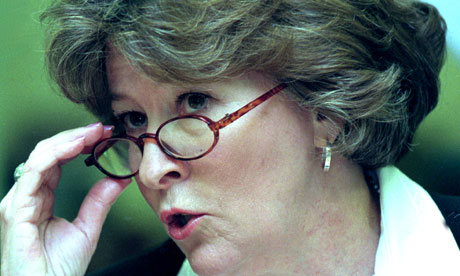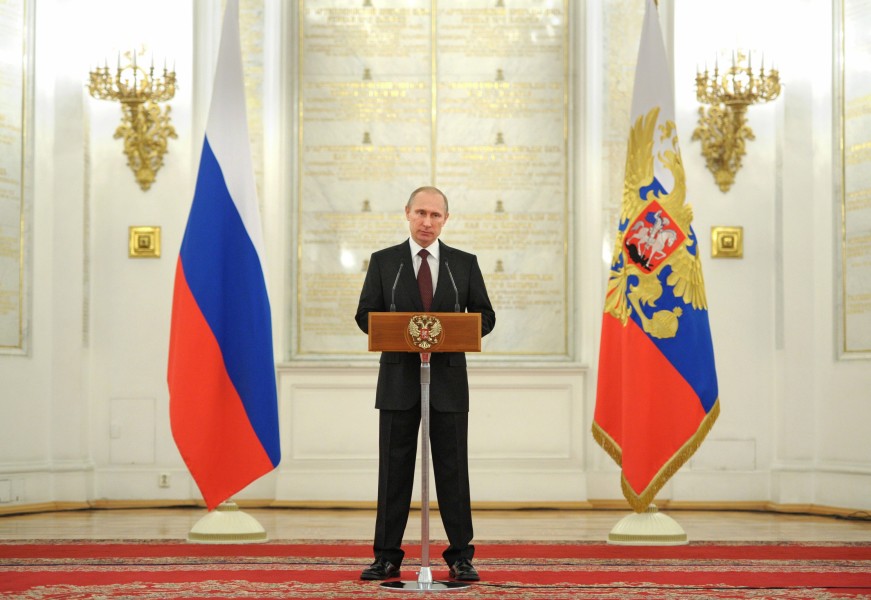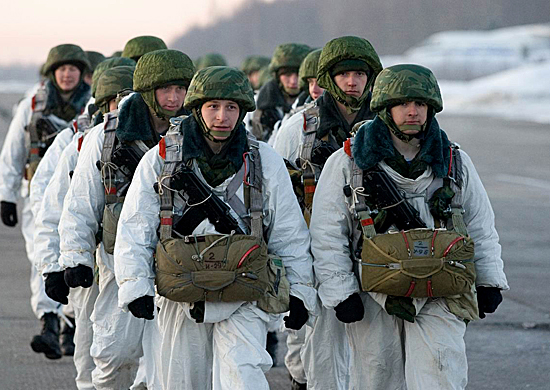Canada is lagging far behind other countries and clear action needs to be taken.
In early May 2015, new allegations of sexual misconduct in the Canadian Armed Forces surfaced involving the Royal Military College (RMC). Officials are investigating a case of sexual assault involving Officer Cadet Alexander Whitehead, who is currently standing trial in a military court convened on the RMC campus. Another Officer Cadet, J.C. Scott, also faced allegations of sexual assault earlier this year and was issued a $2000 fine, as well as a severe reprimand. These allegations follow the wake of damaging reports by sexual assault prevention coordinator, Julie Lalonde, stating that the RMC cadets were the most hostile audience she has ever faced while speaking about sexual assault. Lalonde reportedly received whistles, catcalls, and rape jokes from the audience as well as comments such as: “I might have listened to you if you weren’t a civilian and a woman.”
According to Col. Michel Drapeau, a law professor at RMC who is representing a complainant in a sexual assault martial at the school, “There is a lack of trust in the Military Police and the justice system, so they (female cadets) don’t report it…They feel their reputation, their career prospects would all be put in jeopardy, so they don’t.”
The Deschamps Report
During a brief to the House National Defence Committee last week retired Supreme Court Justice, Marie Deschamps, reiterated her proposal to create an independent centre tasked with addressing sexual misconduct in the military. According to Deschamps, the centre should be “as far as possible from the Canadian Armed Forces.”
Deschamps was the author of the report released in March examining sexual misconduct and sexual harassment in the Canadian Armed Forces (CAF). The report emphasizes that leaders must acknowledge the sexual misconduct problem in the Armed Forces, which is strongly rooted in the culture and military ethos among the CAF. Cited examples include the frequent use of cursing and innuendos referencing women’s bodies, sexualized jokes, and un-welcomed touching. The report details that there is an existing expectation that those in the chain of command will turn a blind eye to inappropriate sexual conduct or even go as far as to “condone inappropriate sexual conduct.” The report also noted that: “At the most serious extreme, these reports of sexual violence highlighted the use of sex to enforce power relationships and to punish and ostracize a member of a unit.”
In addition to the “sexualized culture” of the CAF, a large part of the problem also lies with the processes in place to report such harassment. The process itself is a layered 3-step process considered long and time-consuming, ultimately discouraging victims of sexual harassment from coming forward. The first step is a form of alternate dispute resolution in which the complainant is urged to confront the accused informally. The report notes that victims of sexual harassment are not at ease confronting their harasser, especially in cases where the harasser is of a higher rank. The second step is an administrative investigation by the Responsible Officer, and the third step consists of putting forth a grievance. The report also stated that even in cases where complaints of sexual harassment are regarded as well founded, the resulting punitive sanction was a ‘slap on the wrist’, ultimately ineffective in serving as a deterrent to such behaviour. One example of punishment cited in the report was being required to complete an on-line training course.
An important recommendation proposed by Justice Deschamps would be to simplify the harassment process and direct formal complaints to Commissioned Officers acting as adjudicators, reducing reliance on Alternative Dispute Resolution. Survivors of sexual assault should also have the option to transfer the complaint to civilian authorities. This option would give survivors of sexual assault a voice in the process and would help re-establish trust between the military and the victims of sexual assault. It would reassure the victim that the Canadian Armed Forces is dedicated to ensuring that their complaints are properly investigated. According to law professor Col. Michael Drapeau, who has represented more than 65 military members in sexual assault and harassment cases, the system in place right now results in a system that aims to protect the Canadian Forces “brand” rather than enact justice.
An Independent Centre for Victims
The key recommendation found in Justice Deschamp’s report includes the proposal to create an independent centre for accountability for sexual assault and harassment. The centre would be tasked with receiving reports of inappropriate sexual conduct. It would also be responsible for prevention, training, victim support, research, and acting as a central authority for data collection and statistics. The Deschamps report found that there is very little data collected by the Forces regarding sexual harassment or sexual assault. Having a reliable system in place to collect consistent data would enhance accountability in the chain of command as well as provide data to shape the creation of policies in order to prevent future incidents.
Of the ten recommendations listed in Justice Deschamp’s report, Chief of Defence Staff, General Tom Lawson has accepted only two outright, stating that he accepts the other eight “in principle.” Following the release of a draft of Justice Deschamp’s report, a directive obtained by CBC was authored by Gen Lawson and circulated to twenty-one top military generals. The directive suggested that: “The current sexual misconduct investigation and justice system authorities will remain unchanged.”
Even more problematically, there appears to be a reluctance to even acknowledge the scope and the depth of the problem in the CAF. Lieutenant-General Christine  Whitecross, the representative responsible for tackling sexual misconduct in the Armed Forces, told the Ottawa Citizen, “While there is a collective will to move the organization forward, there is little consensus as to the gravity of the existing problem.” There were also references made by LGen Whitecross to a “centralized capability”, suggesting a non-committal response and leaving the question open as to the independence of the centre. According to the Canadian Armed Forces Action Plan on Inappropriate Sexual Behaviour, the recommendation for an independent centre is accepted in principle.
Whitecross, the representative responsible for tackling sexual misconduct in the Armed Forces, told the Ottawa Citizen, “While there is a collective will to move the organization forward, there is little consensus as to the gravity of the existing problem.” There were also references made by LGen Whitecross to a “centralized capability”, suggesting a non-committal response and leaving the question open as to the independence of the centre. According to the Canadian Armed Forces Action Plan on Inappropriate Sexual Behaviour, the recommendation for an independent centre is accepted in principle.
Future Progress or Just Rhetoric?
Defence Minister Jason Kenney has also promised the creation of an independent body to tackle the problem of sexual misconduct in the Armed Forces, although he failed to provide a timeline for the establishment of such a body. In order to make meaningful inroads in addressing the issue of sexual misconduct and harassment among the Armed Forces, it is imperative that steps be taken to implement Justice Deschamps’ recommendations, especially vis-à-vis the creation of an independent body. Countries such as the United States, Australia, and France, have already created independent offices to investigate reports of sexual misconduct, to provide victim support, to conduct training, and to gather statistics. In this respect, Canada is lagging far behind other countries and clear action needs to be taken.


